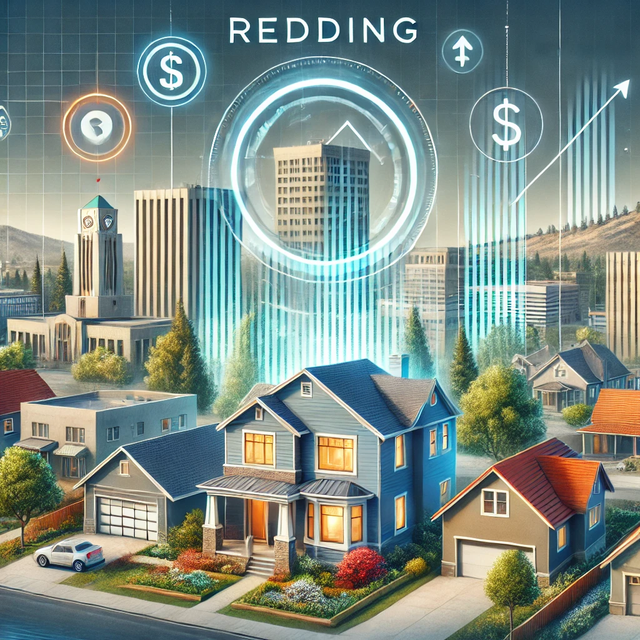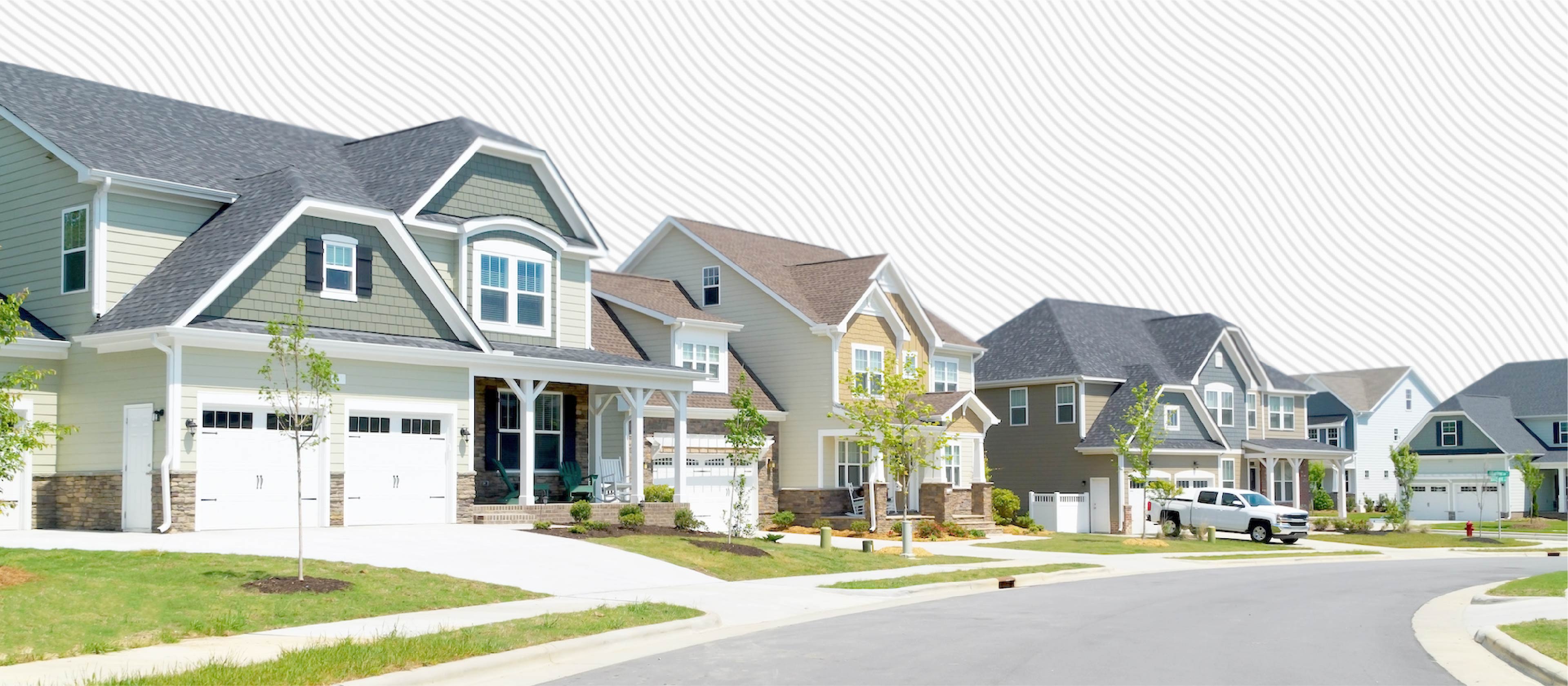Key Factors to Consider When Buying in Real Estate Lockhart
Key Factors to Consider When Buying in Real Estate Lockhart
Blog Article
The Future of Real Estate: Patterns and Opportunities to See
As the actual estate landscape progresses, it becomes increasingly essential to understand the emerging fads and chances that will certainly define the industry in the coming years. With these characteristics at play, a better exam of the techniques and adaptations required for success discloses fascinating possibilities that might reshape investment methods and market behaviors.
Technological Advancements in Property
In the last few years, the property sector has actually welcomed a wave of technological technologies that are changing traditional methods. These developments have actually dramatically improved efficiency, transparency, and decision-making processes within the market. One of the most noteworthy technologies is the rise of big information analytics, which allows realty specialists to evaluate market fads, predict home values, and recognize investment opportunities with extraordinary accuracy. This data-driven approach enables stakeholders to make informed decisions and minimizes the threats related to property purchases.
In addition, digital fact (VR) and augmented fact (AR) innovations are reinventing property marketing by giving immersive experiences for possible customers and occupants. These tools enable clients to perform digital trips of buildings, thereby enhancing the search process and boosting consumer interaction. Blockchain modern technology is gaining traction as a means to protect deals and maintain clear records, consequently decreasing scams and speeding up the closing procedure.
Smart home modern technologies are likewise ending up being progressively prevalent, allowing house owners to keep an eye on and regulate their residential or commercial properties from another location (Real Estate Lockhart). Jointly, these technological innovations are improving the landscape of property, fostering a much more efficient, clear, and customer-centric industry
Need for Sustainable Properties
As consumers progressively prioritize environmental duty, the demand for lasting properties has actually surged in the property market. This shift shows a more comprehensive social trend toward sustainability, with homebuyers and financiers seeking residential or commercial properties that lessen ecological effect while maximizing power performance. Attributes such as photovoltaic panels, energy-efficient devices, and sustainable building products are currently deemed vital rather than optional.

In addition, the surge of eco-friendly neighborhoods, which prioritize walkability and access to mass transit, even more emphasizes this pattern. These advancements appeal to ecologically mindful buyers and promote a much healthier lifestyle.
As the demand for sustainable residential or commercial properties proceeds to rise, industry stakeholders should adjust to these assumptions. By focusing on and accepting cutting-edge techniques sustainability, the property sector can not only fulfill customer demand but additionally add to an extra lasting future.
Changing Customer Demographics

Furthermore, the aging populace is reshaping demand for housing. Baby boomers are seeking scaled down houses that offer ease of access and low upkeep, commonly preferring city settings with nearby facilities. This shift requires an emphasis on multi-generational real estate solutions that suit varying demands.
Moreover, social variety is playing an essential role in actual estate fads. As these demographic shifts continue to advance, genuine estate experts need to adjust their strategies to address the needs of these diverse buyers (Real Estate Lockhart).
Surge of Remote Job Effect
Progressively, the rise of remote job is changing the actual estate landscape, triggering substantial shifts in buyer preferences and area selections. As employees take pleasure in the adaptability of functioning from home, several are reassessing their property demands, bring about a surge in demand for properties in country and suv areas. This trend is mostly driven by the desire for more spacious living environments that can accommodate office and a far better high quality of life.
In addition, city facilities, as soon as the focal factor useful reference for purchasers, are seeing a progressive decline in demand as people focus on cost and access to nature. Real estate developers and capitalists are moving their emphasis towards buildings that provide home office spaces, outdoor amenities, and proximity to crucial services.
This developing landscape demands a reevaluation of typical market approaches. Property experts must adjust to the altering preferences of purchasers, emphasizing the importance of way of living factors in their marketing strategies. Additionally, builders are increasingly focusing on adaptable flooring plans that satisfy the twin requirements of living and working, making certain that they remain affordable in a rapidly transforming market. The ramifications of remote work with realty are extensive, shaping future patterns and chances.
Financial Investment Opportunities in Emerging Markets
Financial YOURURL.com investment possibilities in emerging markets are consistently bring in focus from investor looking for diversification and growth capacity. These markets, identified by rapid economic advancement, boosting urbanization, and an expanding center course, present one-of-a-kind prospects for wise capitalists. Nations in Southeast Asia, Africa, and Latin America are seeing substantial infrastructure renovations and beneficial federal government policies, which additionally enhance their charm.
Actual estate industries such as residential, industrial, and logistics are experiencing increased demand due to metropolitan movement and progressing customer preferences. Significantly, cities like Ho Chi Minh City, Nairobi, and Medellín are becoming hotspots for financial investment due to their expanding economies and younger demographics.
Financiers ought to conduct detailed market evaluations to recognize essential trends, such as shifts in population characteristics and economic security, which can affect residential or commercial property values. Additionally, partnerships with neighborhood property companies can facilitate successful entrance and navigation in these markets.
However, it's critical to be mindful of potential threats, including political instability and governing difficulties. By evaluating these factors and taking on a lasting perspective, capitalists can successfully maximize the profitable chances emerging in these creating regions.

Verdict
To conclude, the future of real estate will certainly be substantially affected by technical improvements, an expanding emphasis on sustainability, and developing customer demographics. The rise of remote job is improving real estate preferences, particularly in suburbs. Arising markets existing significant investment opportunities for stakeholders ready to adjust to these modifications. Browsing this changing landscape will call for calculated partnerships and an eager understanding of market characteristics to take advantage of the fads forming the industry.
As the genuine estate landscape progresses, it becomes significantly essential to understand the emerging trends and opportunities that will specify the sector in the coming years. One of the most notable developments is the surge of huge data analytics, which permits actual estate specialists to analyze check market trends, forecast residential or commercial property values, and identify investment chances with unprecedented accuracy.As customers progressively focus on environmental duty, the demand for sustainable residential properties has risen in the real estate market. The implications of remote work on genuine estate are profound, shaping future trends and possibilities.
Investment chances in emerging markets are consistently attracting focus from genuine estate investors looking for diversification and growth potential.
Report this page